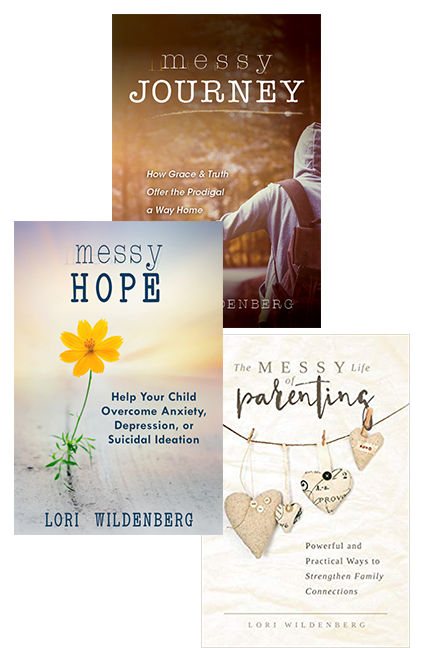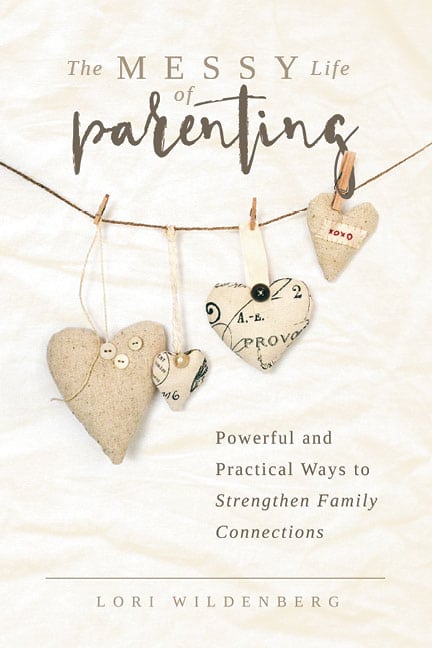
“Don’t even think about climbing on the shelves.”
Uh, oh.
Before you could say, “Monkey-bars,” the three-year-old turned into George, the curious one, and made it to the top of the rack.
He’d been doing a terrific job staying close to his mom while in the toy aisle of Target. He was doing so well I was ready to give the child a compliment and his mama a high-five. Just as my encouraging words were forming in my mouth, the mom’s voice broke the quiet with her declaration.
I wished I could have stopped her.
It was too late. But… I have a suggestion that will help you prevent moments like this with your young one. Before I give this all-time great tip, I’m going to ask you to close your eyes and describe what you see in your mind’s eye when you say the words, “Don’t stand on the slide.”
What did you see? If you are like hundreds of other parents, you will see a child standing on the slide. Hmmmm.
Interesting, huh?
Unfortunately, more often than not, we state the opposite of what we desire.
We always know the things we don’t want. In addition to that list, we have the history of our children’s behavior streaming through our brain.
We know each child’s propensity to react or act in a particular way. Here are a few common parental frustrations:
My kid is a yeller. I don’t want him screaming.
My daughter runs off. I don’t want her running away from me.
My son has to touch everything. I don’t want him to break something.
We’d all agree; these are behaviors to be avoided. However…Kids visualize what we say, minus the don’t.
Little guys (bigger people, too) see the ACTION-the verb- the standing- just like you did. They don’t have the filter to include “the don’t” in their unrefined vision. Knowing this, moms and dads can prevent lots of behavior problems by stating things in the positive:
“Sit on the slide.”
So…state what you want:
“Use an inside voice.”
“Hold onto my hand.”
“Put your hands in your pocket.”
Most youngsters want to please their parents. But even if you have a little rascal (or a tween or teen) that wants to do the opposite (just ‘cause), this works too. These little stinkers are the ones that have what I call, the diet mentality: I’m on a diet and I only want what I can’t have.
So rather than deny with “the don’t” say what is okay with “the do.” This won’t make the defiant problem go away but things will definitely improve.
Let’s make it easier on our kids–and ourselves–by saying what we want rather than what we don’t want.
All that is needed is brain retraining and team work to speak in terms of “can” instead of can’t. Enlist the help of your spouse. First give each other permission to interject (this is a pretty important piece!). Then if your statement or your spouse’s directive to the child comes in a negative form, quickly restate in the positive. Sort of like a teammate recovering a fumble. (The child will hang on to the last statement uttered.)
It’s a habit that can be broken. This just takes team work and practice. We can count on our kids to give us plenty of opportunities to “make perfect”.
You can DO it!



